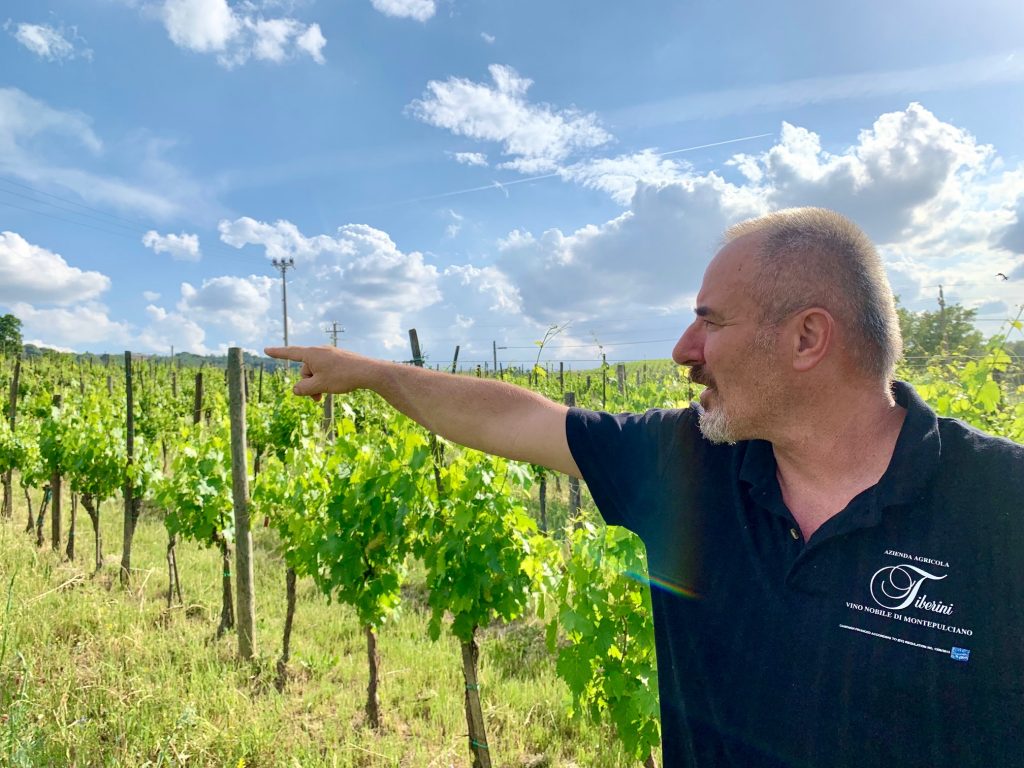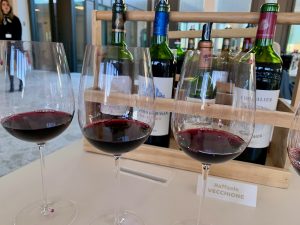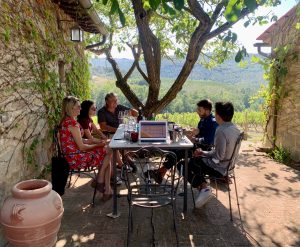After a long journey Vino Nobile di Montepulciano is the first Denomination to boast the Equalitas sustainability label.
After receiving its first DOCG label as long ago as 1980 it is, yet again, Montepulciano who takes the first important steps into the future.
The objective was immediately recognised as a strategic move by the heads of the Consortium because to reach its goal a complete ‘cultural change’ was required by all of the members.
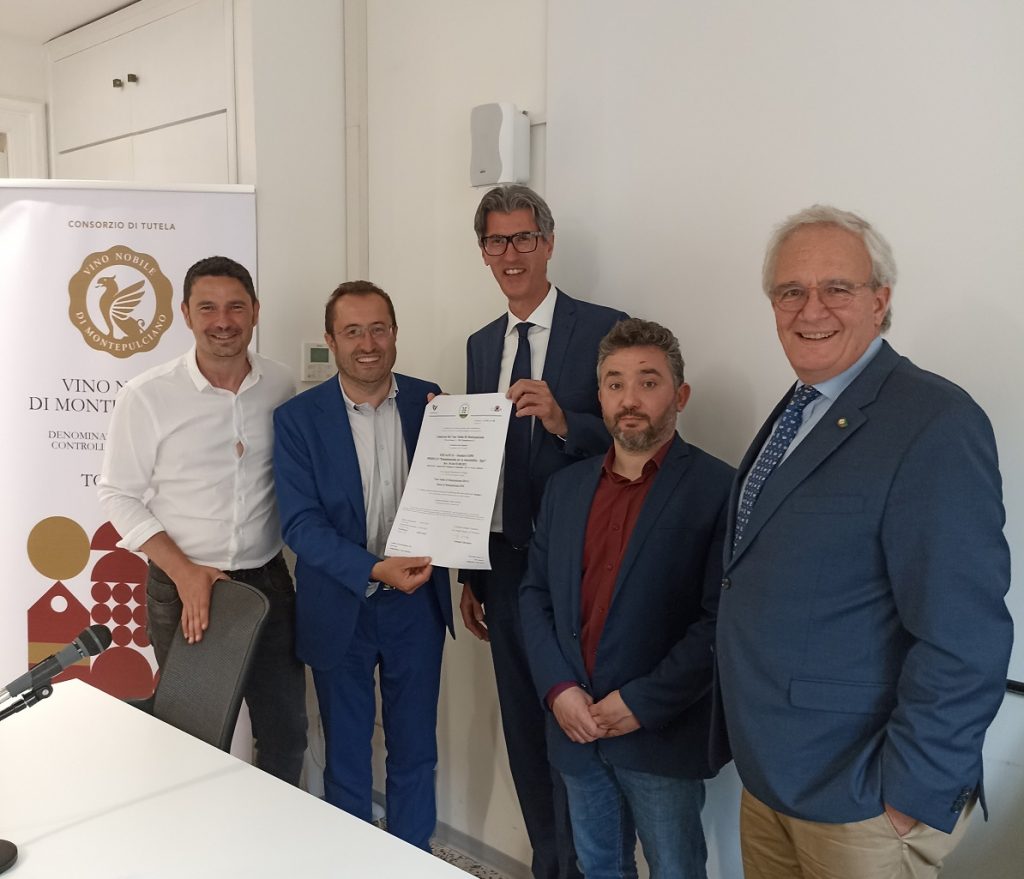
In fact, in order to reach this objective it was fundamental to progressively modify both the productive and organisational profiles with methods and production techniques which were more respectful of the environment and the countryside.
What the Consortium of Vino Nobile di Montepulciano has achieved is an important sign for the entire sector of wine denominations in our country – the President of Equalitas underlines – and he adds that the actions undertaken by Federdoc in obtaining the Equalitas standard are a highly valued point of reference.
The vision of sustainability in Montepulciano came about in unsuspecting times. Thanks to the sense of the Consortium and with the support of the Montepulciano Council between 1985 and 1990 a network of meteorological stations were installed all around the area to collect data about the weather conditions. A useful tool for the wineries allowing them to rationalise the phyto-sanitary defence interventions and consequently limit the use of chemical aids.
At the beginning of the 90’s the Consortium was amongst the first in Italy to investigate the productive terrain through a zoning project called ‘Vino Nobile di Montepulciano Zoning and Valuation of the Territory’. It was conducted by a viticulture research group from the San Michele all’Adige Agricultural Institute with support from the Experimental Institute for the study and protection of Florentine soils. The project produced a map which is still in use today and is used as the base for subsequent studies. Around 2006, in collaboration with the Administrative Council, a project for the disposal of biological waste from the vineyards was begun, with the combustible materials to be used to provide energy for schools and council offices.
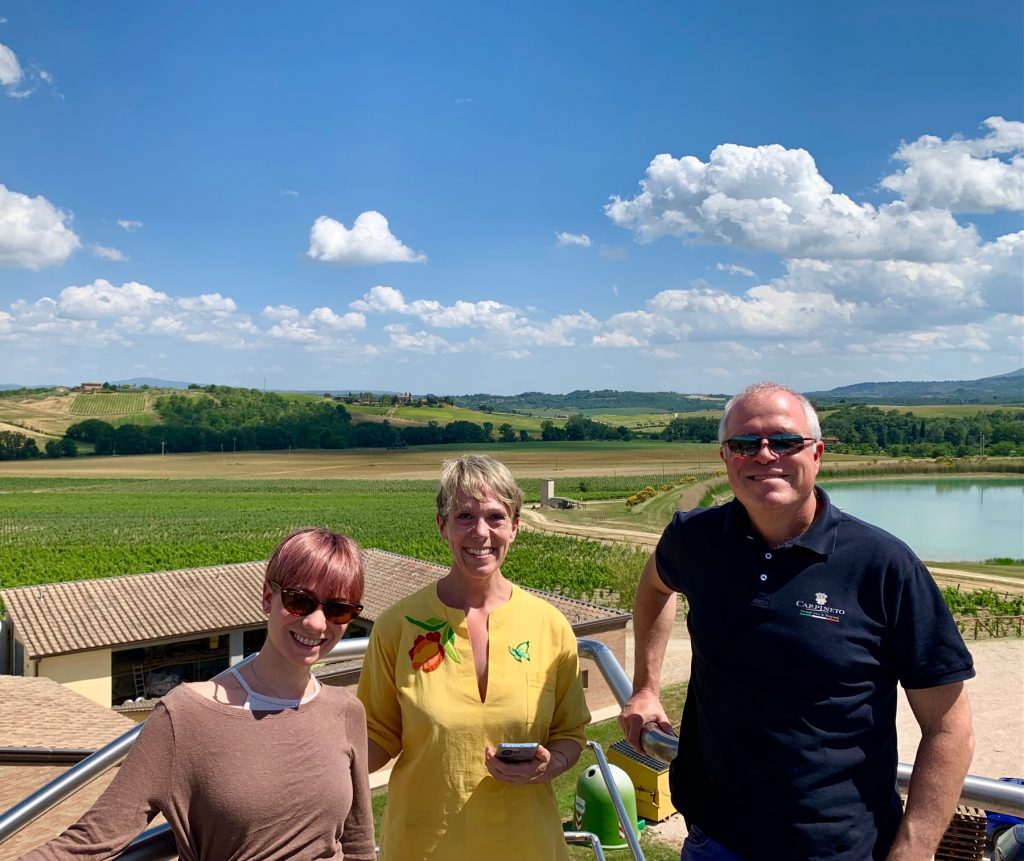
However in 2015 the Vino Nobile di Montepulciano ‘Carbon Footprint’ project became the model on a national scale.
The system that calculates the ‘carbon footprint’ of the productive cycle of a bottle of Vino Nobile, that is to say the CO2 emissions derived from the highly valued Denominazione di Origine Controllata e Garantita (DOCG) wines, has in fact been recognised by institutes and wineries who work at the top of their field in terms of quality and the relevant certifications and who therefore may partner their names with the project. The idea to measure the Carbon Footprint of the Montepulciano DOCG to activate a series of practices in order to decrease or to compensate for the carbon dioxide emissions was presented at the 2014 Vino Nobile previews by the Montepulciano Council, the Consortium, the producers and the Marconi University of Rome who undertook the technical-scientific work.
Salcheto winery has become a symbol and a model for these practices in Montepulciano, Salcheto, and the Vice-President and owner of the Equalitas brand Michele Manelli together have given an extra boost to this activity which has brought about the great recognition we see today.
For the occasion we visited Montepulciano to taste the new vintages which have been launched on the market.
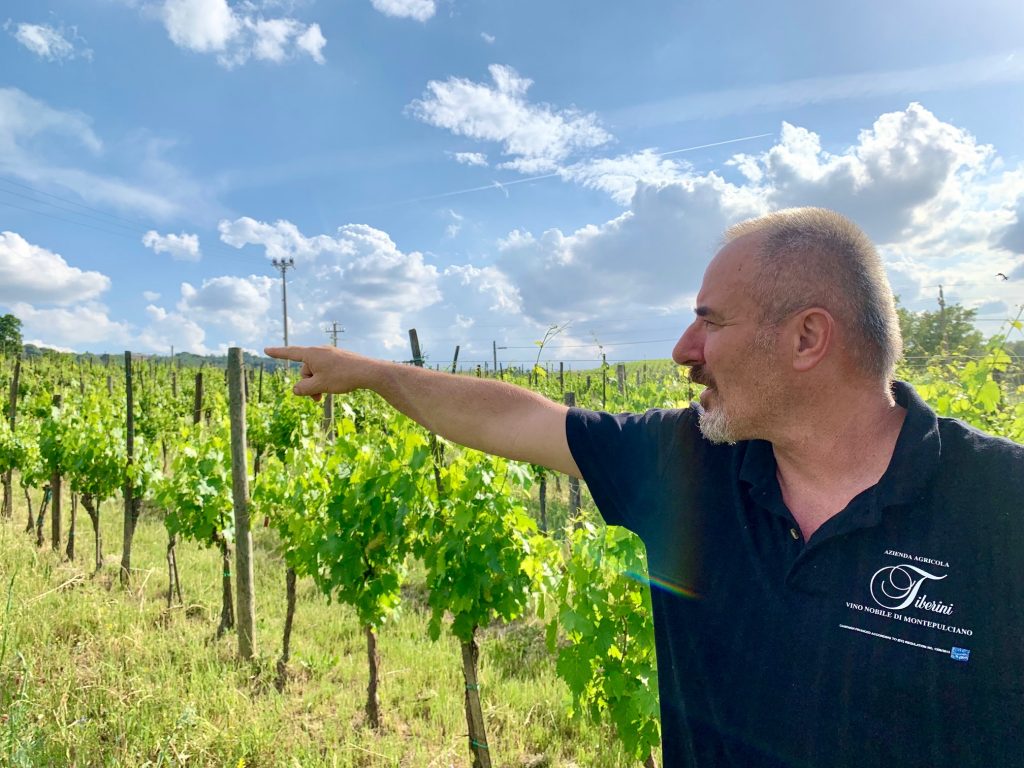
The revolution in Montepulciano came about due to the choices made by the members and will continue to assert itself over the coming months thanks to the fervour and lashings of positivity which arrived with the Pievi project. The 12 Pievi give more freedom to the Vino Nobile di Montepulciano producers with a planned minimum refinement in the barrel of only 12 months which limits the power of the bottlers.
A wise move that gives credence to the great vision of this territory which for too many years suffered a recourse and produced rather inelegant wines which was certainly not their style.
The revolution in Montepulciano with these latest tastings came about with the support of the Vino Nobile di Montepulciano Consortium and the great organisation in the Fortezza with top names and producers who are in a great growth curve.
Le Caggiole di Poliziano shows the best expression of a Vino Nobile di Montepulciano from 2018.
Following on in terms of quality ex aequo are Bindella, De’Ricci and Carpineto.
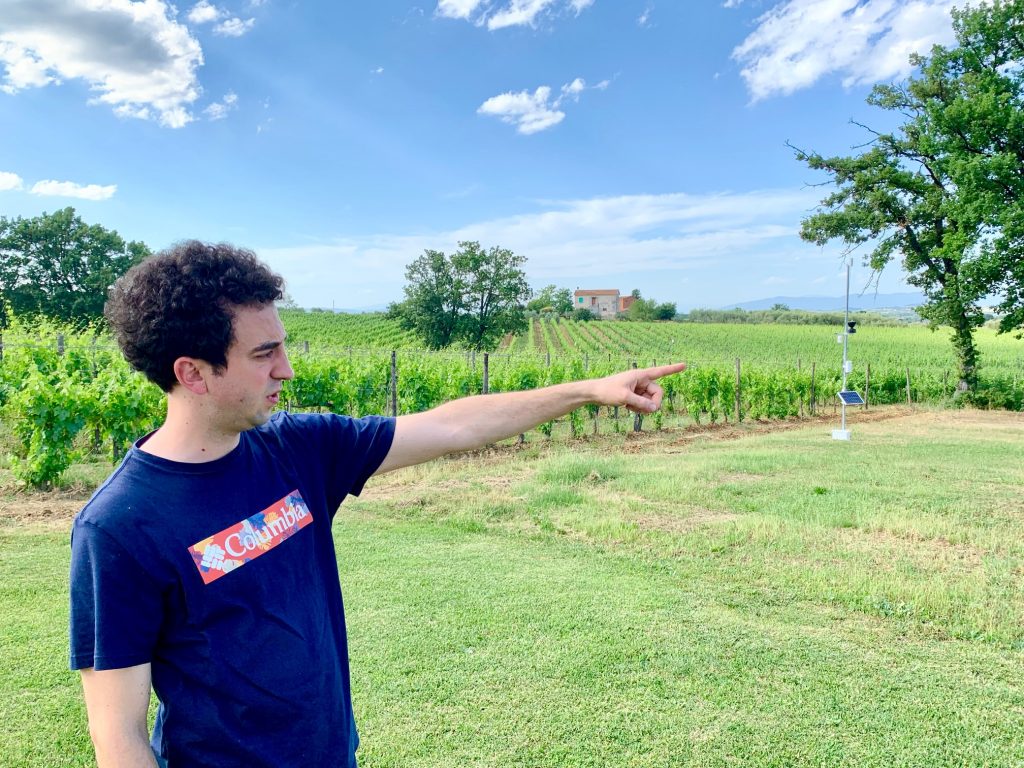
The quality and expressions produced at Tenuta di Gracciano della Seta are optimum, the estate will continue to grow and produce genuine, complete wines, remarkably balsamic giving them depth. Fattoria della Talosa, Arboreto 2019 will become a point of reference for the vintage over time and Montemercurio produced the best Damo ever.
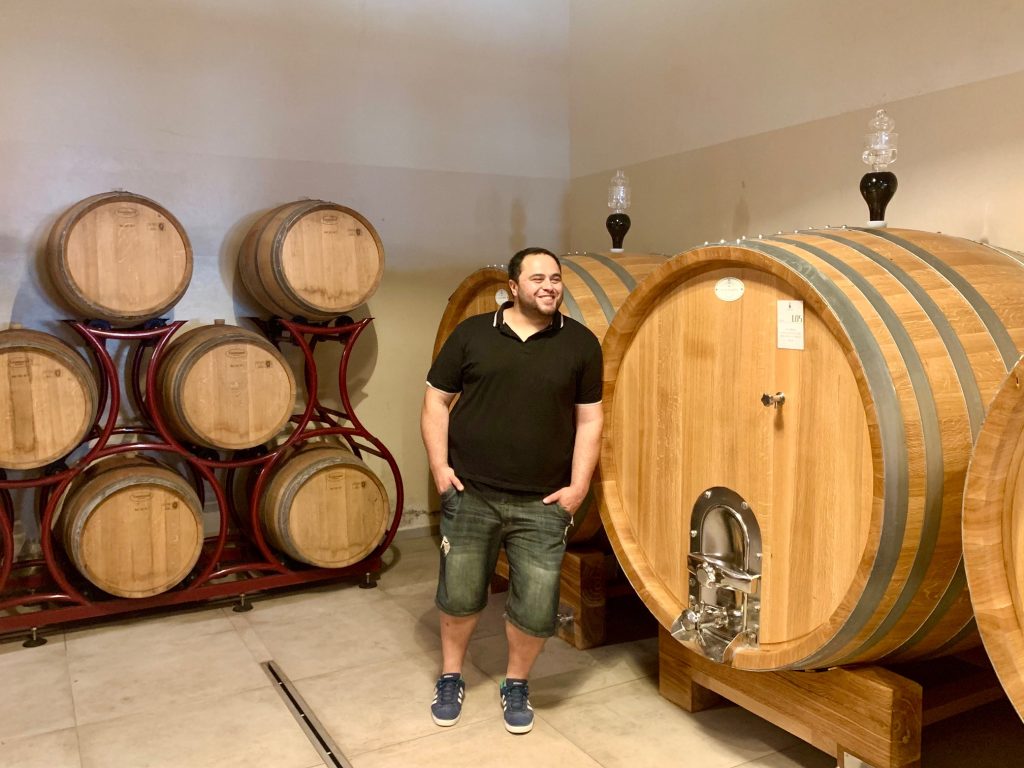
Over the days spent in Montepulciano we dedicated a lot of time visiting different producers and amongst those who surprised us with their projects and wine previews are; Cantina Del Gusto, Carpineto, Tiberini, Tenuta di Gracciano della Seta and De’Ricci.
Following are the comments on all the wines tasted:

